Understanding Liver Cancer: Types, Causes, and Dietary Recommendations
Liver cancer has two primary forms: hepatocellular carcinoma and cholangiocarcinoma.
Types of Liver Cancer
- Hepatocellular Carcinoma (HCC): This type originates in hepatocytes, the main functioning cells of the liver, and is considered primary liver cancer. It typically forms as a ball-like tumor, invading nearby tissues. Individuals with a history of hepatitis B or C are at a higher risk of developing HCC.
- Cholangiocarcinoma: This cancer develops in the bile ducts and often results from a parasitic infestation. It grows in sheets within the bile ducts, making it challenging to detect via X-ray.
In many cases, cancers found in the liver have metastasized from other organs such as the colon, pancreas, lung, stomach, or breast. Due to its high blood flow and the numerous biological functions it performs, the liver is a common site for metastatic growth.
Causes and Risk Factors
The exact causes of liver cancer remain unclear. However, potential factors include:
- Environmental Toxins: Exposure to harmful chemicals like vinyl chloride, commonly used in manufacturing, is associated with liver cancer risk.
- Chronic Hepatitis: Long-term hepatitis B or C infections increase the likelihood of developing liver cancer.
- Cirrhosis: This liver condition, often resulting from chronic alcohol abuse or hepatitis, can lead to liver cancer.
- Parasites: Liver flukes, a type of parasite, can also contribute to the development of cancer in the bile ducts.
- Genetic Factors: A genetic predisposition can play a role in some liver cancers, particularly when coupled with external risk factors.
Symptoms
Liver cancer may not present noticeable symptoms in its early stages due to the tumor’s small size. As the disease progresses, common symptoms include:
- Pain in the right upper abdomen
- Unexplained weight loss and loss of appetite
- Swelling of the breasts in males
- Jaundice, which is the yellowing of the skin and eyes
- Blood clotting issues, leading to internal bleeding and bruising
Dietary Considerations for Liver Health
Nutrition can play a supportive role in managing liver health and reducing cancer risk. Foods rich in antioxidants can help protect the liver from damage. Here are some dietary guidelines:
- Avoid: Limit intake of gluten, refined sugars, and dairy products.
- Include: Focus on high-fiber foods like raw cabbage juice, carrots, pineapple, watermelon, and broccoli. These foods may support liver detoxification and overall health.
- Protease Inhibitors: Found in beans, rice, potatoes, and seeds, protease inhibitors can aid in reverting abnormal cells to normal.
- Broccoli Sprouts: Research from Johns Hopkins University suggests that broccoli sprouts can help detoxify carcinogens from the body, reducing liver cancer risk.
The Gerson Diet
Some practitioners recommend the Gerson Diet as part of a holistic approach to cancer therapy. This diet emphasizes low-fat, nearly vegan nutrition and includes frequent consumption of freshly cut fruit and vegetable juices. Dr. Gerson’s work in the early 20th century showed promising results in reversing cancer progression through dietary changes.
Traditional and Holistic Perspectives
In holistic health, the liver is associated with the body’s detoxification processes. Traditional Chinese Medicine (TCM) links the liver to the body’s qi (vital energy) and blood flow. Emotional imbalances, such as anger and frustration, are thought to affect liver health in TCM. Maintaining a balanced diet, managing stress, and incorporating liver-supportive foods like leafy greens and bitter herbs can help promote liver health from a holistic standpoint.
Risk Reduction and Lifestyle Choices
Reducing exposure to environmental toxins, maintaining a healthy weight, avoiding excessive alcohol consumption, and preventing hepatitis infections can lower liver cancer risk. Regular medical check-ups are crucial for early detection, especially for those with risk factors like chronic hepatitis or a family history of liver cancer.
Conclusion
Liver cancer is a complex condition influenced by various factors, including genetics, environmental toxins, and lifestyle. While medical treatments are essential, dietary and lifestyle choices play a significant role in supporting liver health. Incorporating a diet rich in fruits, vegetables, and fiber, while avoiding processed and potentially carcinogenic foods, can be beneficial. Always consult a healthcare professional for personalized advice and treatment options.

